Building Our Regenerative Future: Week 3
Building Our Regenerative Future is now in the home stretch! With over 240 participants so far, we are building a vibrant interactive community exploring the most crucial issues of our time. You are still welcome to join the course. The first sessions are archived and available for viewing. In our Slack community, we are exploring all of the topics raised in the live sessions and defining a path to collective, collaborative action. Use the coupon WEGENERATE for a 20% discount. If you want to join, but have constrained economic circumstances, please write to me directly for a reduced price ticket or scholarship.
On Monday, we looked at the necessity of building local communities and new forms of intentional community. We explored how to use legal structures such as Community Land Trusts. We considered the use of celebration as a means to unite communities around shared interests and longterm goals.
Tomorrow — Thursday, July 16, at 12:30 pm EST / 5:30 pm BST / 6:30 pm CET / 9:30 am PST — we have our long-awaited Session on Economy. See below for a description and a roster of participants.
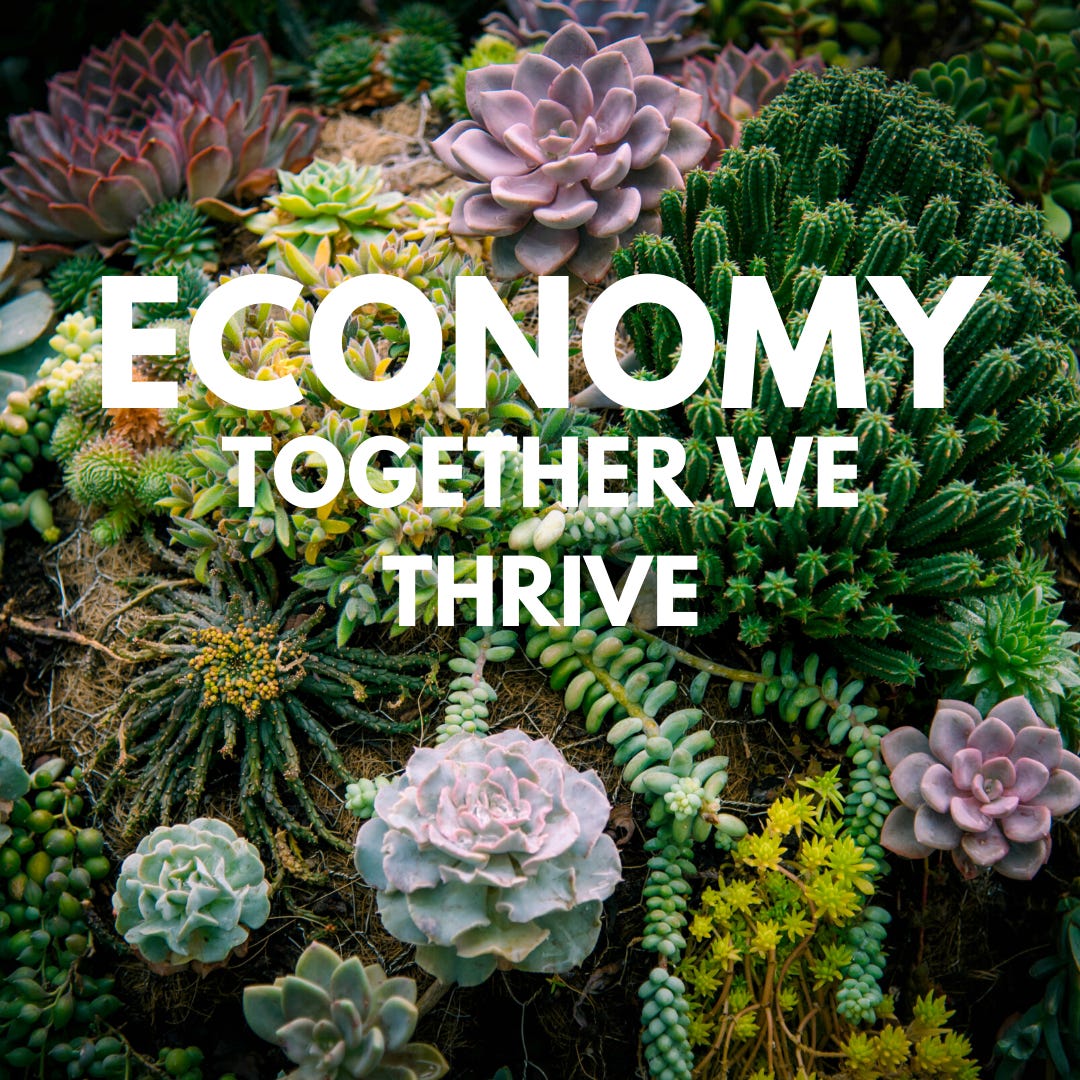
New economic models for regenerative entrepreneurs
By meshing your desire to thrive and succeed with the needs of the planet, you become a leader in a revolutionary - and evolutionary - vanguard. The regenerative economy of the near-future will create millions of amazing new jobs, in sectors ranging from housing to energy to agriculture. You can move in this direction now, by becoming a regenerative entrepreneur. We present examples of pioneers doing extraordinary work in many fields.
Right now, we can jump-start local as well as global initiatives, from mutual aid networks to cryptocurrencies. We can organize around a ‘step change’ in our economic model. How do we help the transition to circular economies based on regenerative farming, ecological design and ‘closed-loop’ industrial processes, where energy comes from distributed renewable sources?
Michel Bauwens
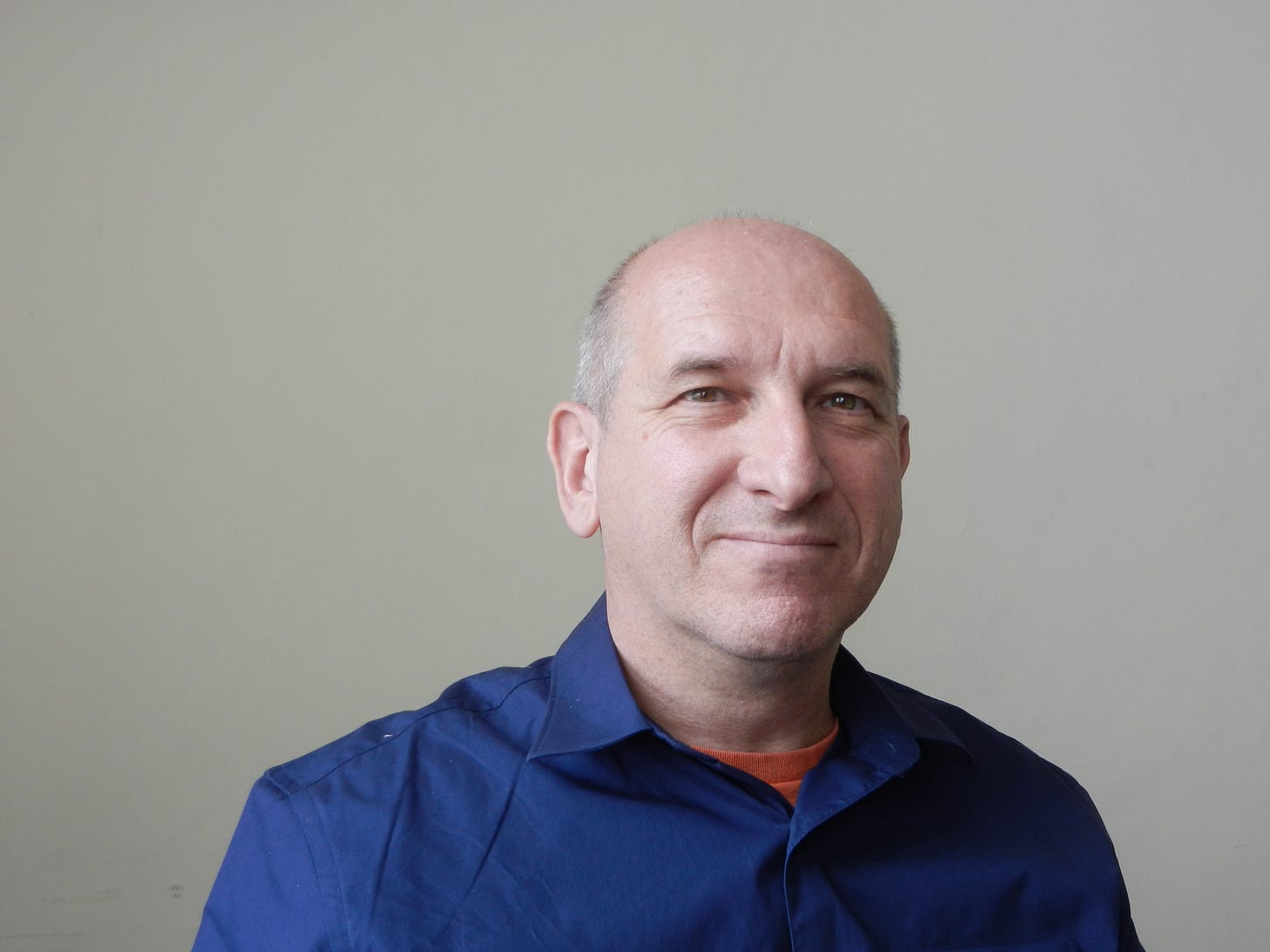
Michel Bauwens is the founder and director of the P2P Foundation and works in collaboration with a global group of researchers in the exploration of peer production, governance, and property. Michel is also research director of CommonsTransition.org. a platform for policy development aimed toward a society of the Commons and a founding member of the Commons Strategies Group. He has (co-)published various books and reports, such as ‘Network Society and Future Scenarios for a Collaborative Economy’, and more recently, P2P, A Commons Manifesto (Westminster Un. Pr. 2019). Michel currently lives in Chiang Mai, Thailand. In 2017, he crafted a Commons Transition Plan for the city of Ghent in Belgium, following a similar project in Ecuador.
Chris Castro

Chris Castro is the founder and president of IDEAS For Us, an international nonprofit and United Nations accredited organization working to develop, fund, and scale environmental solutions around the World; and co-creator of the renowned ‘Fleet Farming’ urban agriculture program that started in Orlando. Chris has been called the ‘Guru of Green’ by the Orlando Business Journal, selected as a GreenBiz ‘30 Under 30’ sustainability professional in the U.S., and recognized as a ‘Grist 50 Fixer’, one of the top 50 emerging sustainability leaders around the World. Chris is currently the Director of Sustainability and Co-chair of the Smart Cities initiative for Orlando Mayor Buddy Dyer and the City of Orlando. Chris holds a B.S. Environmental Science and Policy with a minor in Energy & Sustainability from the University of Central Florida, and has several technical certifications including LEED accreditation.
Thomas Greco

Thomas H. Greco, Jr. is a preeminent scholar, author, educator, and community economist, who, for more than 35 years, has been working at the leading edge of transformational restructuring. He is widely regarded as a leading authority on moneyless exchange systems, community currencies, financial innovation, and community economic development, and is a sought after speaker internationally. He has traveled widely in Europe, Asia, Australia, and the Americas, lecturing, teaching, and advising. He has been a speaker at numerous conferences and has led many workshops and colloquies in 16 countries. He is the author of The End of Money and the Future of Civilization.
Andrés Bernal
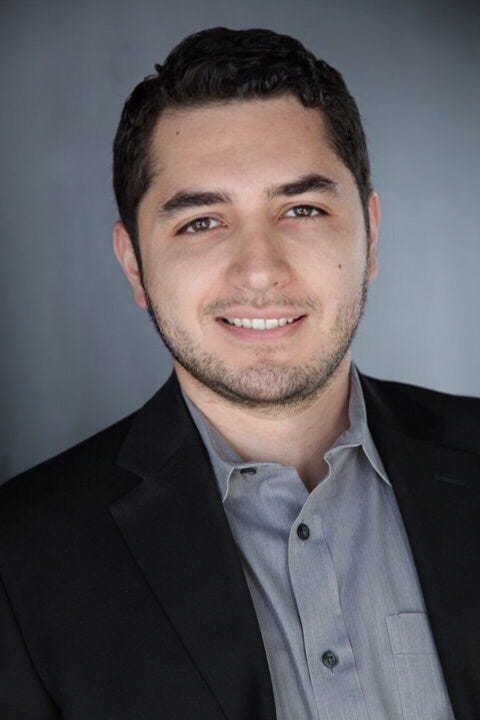
Andrés Bernal is an Instructor of Urban Studies at CUNY Queens College and a Doctoral Student of Public Policy at The New School with a focus on the Green New Deal. He’s a Research Scholar with Global Institute for Sustainable Prosperity and Co-Director of Public Money Action. Andrés was a Senior Policy Advisor to the Alexandria Ocasio Cortez 2018 campaign and has since then consulted and advised to multiple social movement organizations, non profits, and public officials around the world. His work has been featured in The Huff Post, Business Insider, Money on The Left, the ChangeMakers Podcast, Inverse Media, and TedX
Gabriele Donati
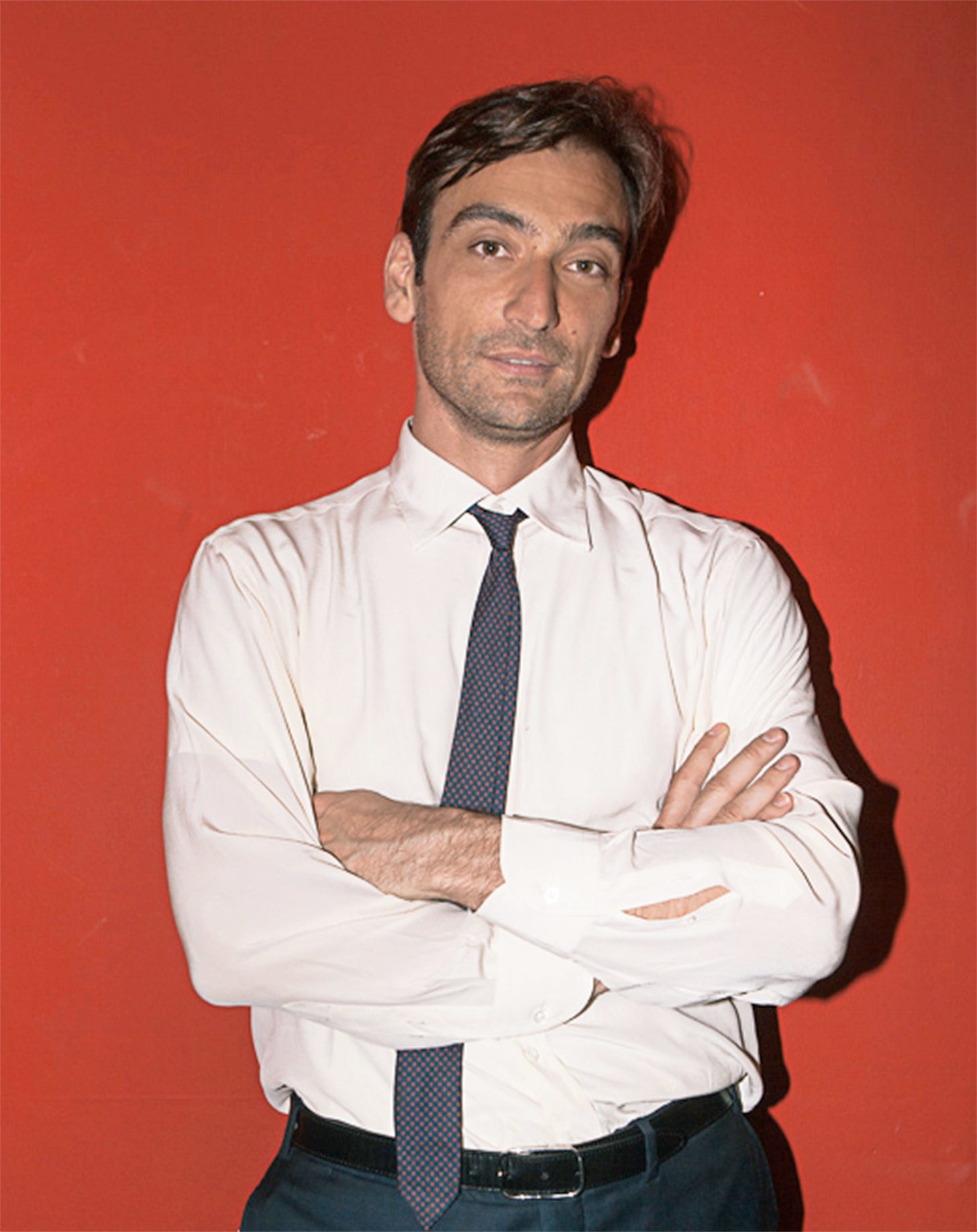
Gabriele Donati, co-founder of TimeRepublik, is a professional musician, designer, and innovator. He has been keeping the time and the understanding of the power of time prescient. For eight years, he has helmed TimeRepublik’s ship as a leader and visionary with uncompromising clarity. Tireless community builder and die-hard Trust generator, Gabriele has been fighting for a world with less transactions, but more relationships.
Helena Norberg-Hodge (pre-recorded interview)
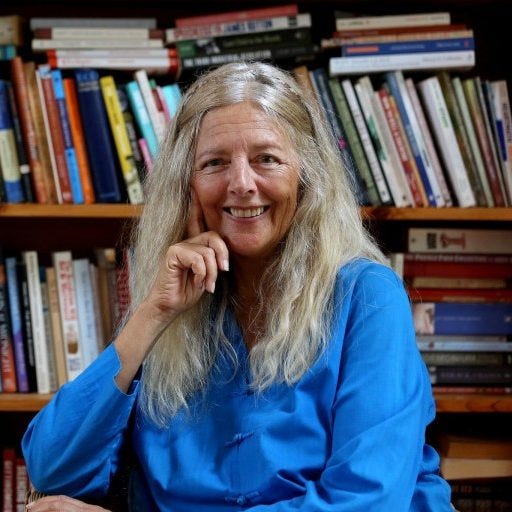
Author and filmmaker Helena Norberg-Hodge is a pioneer of the local economy movement. Through writing and public lectures on three continents, she has been promoting an economics of personal, social and ecological well-being for more than 30 years. She is a widely respected analyst of the impact of the global economy and international development on local communities, local economies, and personal identity, and is a leading proponent of ‘localization’, or decentralization, as a means of countering those impacts. Helena is the founder and director of Local Futures and The International Alliance for Localization (IAL). Based in the USA and UK, with subsidiaries in Germany and Australia, Local Futures examines the root causes of our current social and environmental crises, while promoting more sustainable and equitable patterns of living in both North and South. Helena is also a founding member of the International Commission on the Future of Food and Agriculture, the International Forum on Globalization and the Global Ecovillage Network. Helena’s seminal book, Ancient Futures: Learning from Ladakh, has been described as “an inspirational classic,” providing insightful solutions to the unintended impacts of development, based on her decades living and working in Ladakh, India. Together with the film of the same title, it has been translated into more than 40 languages, and sold about half a million copies.




